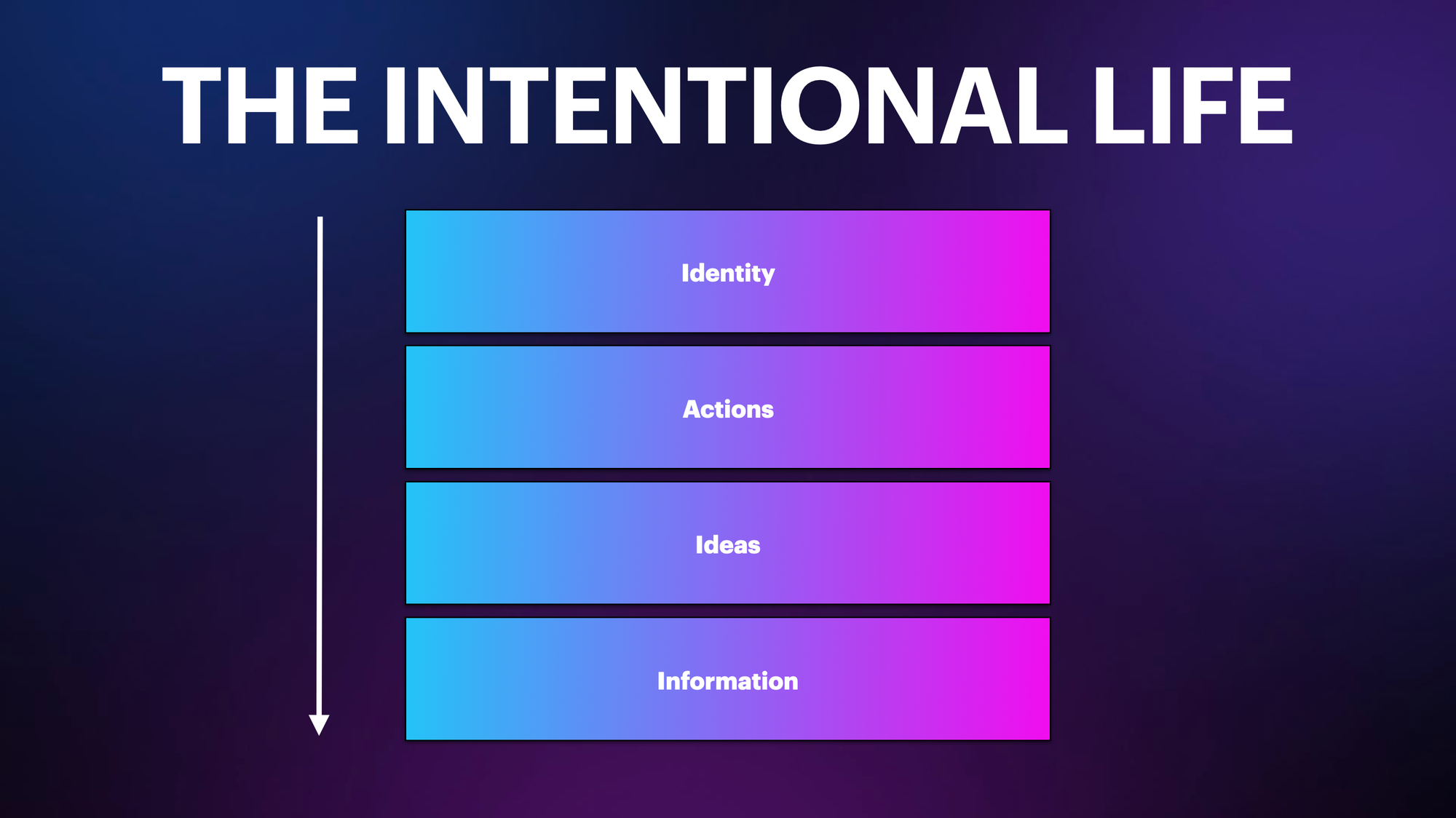The Nathan Barry Show is one of the podcasts that has earned a spot in my regular rotation. Normally, the Kit founder does a great job interviewing creators about their businesses. But last week, he had a very different kind of episode where he interviewed Stanford Design professors Bill Burnett & Dave Evans about their "Design Your Life" framework.
During the episode, they shared a simple ten-word summary of their entire approach to lifestyle design:
Get Curious. Talk to People. Try Stuff. Tell Your Story.
What I love about this is that it's great advice for just about anyone, regardless of your stage of life. Whether you're a college student trying to figure out what you want to do with your life, a young adult determined to live with purpose and meaning, a productivity geek maximizing your potential, a seasoned professional developing excellence in your craft, a manager helping your team operate at peak efficiency, or a tinkerer exploring how things work—this framework applies.
Get Curious
We're all born naturally curious. But we must fight to keep that fire burning.
Curiosity makes your world larger. It's what allows you to grow and reach your full potential, but requires you not just to stick to what works and try things that are outside your comfort zone. You have to get uncomfortable if you want to discover something new.
There's a Latin phrase, Tanquam explorator, which translates to "like an explorer." That's the key. We need to stay curious. We need to keep exploring.
Talk to People
We naturally tend to band together in what Dave Gray calls "obvious clubs"—groups that just reinforce our existing biases. One of the best ways to get outside our "bubble of belief" is to talk to people. All kinds of people. Not just the ones we're comfortable around.
People who come from different places. People who have different perspectives, beliefs, opinions, and values.
Talking to people (especially those who don't look, sound, or act like us) helps expose us to other beliefs and perspectives beyond what we think we know. These conversations are what break us out of our echo chambers and expand our thinking.
Try Stuff
Do you know what really lights you up? What makes you come alive?
If so, it's because you were once brave enough to try it. If not, it's because you don't have enough experience to draw from yet.
You may have preconceived notions about things, but you can't be sure until you give them a go. You have no idea what hits the mark and what doesn't until you try it for yourself.
Some of your most life-giving experiences will be things you never thought you'd do. But you'll never discover them until you step outside your comfort zone.
You don't need to commit to it forever. But you do need to give it a shot.
Tell Your Story
An important part of learning is teaching what you know. That might sound intimidating, but really, it's just sharing the results of your experiments with others.
You don't need to be an expert. You don't need to have it all figured out. You don't need to convince anyone of anything or change anyone's opinion.
You just need to tell your story as it unfolds. Doing so will lead to even more interesting conversations and keep putting fuel on the fire of your curiosity.
If you really want your learning to stick, you need to tell someone about it.
How Design Thinking Applies to PKM
When it comes to Personal Knowledge Management, we tend to capture the things that we think are important.
But this just feeds the FOMO and can cause you to feel even more overwhelmed by all the notes & ideas lying dormant in your PKM system.
But if you learn to align the information you consume with your vision & values (the Identity level of The PKM Stack framework), it can change your life:
- The Information you consume determines the quantity (& quality) of the Ideas that you have.
- The Ideas you have determine your Actions (both your professional projects and your personal routines).
- If those Actions are not in alignment with your Identity (your vision & values), you start to feel frustrated.
But when you start from your Identity, you can live a life of intentions & meaning. By getting clear on what's important and working towards it, you can do more of what really matters.

The beautiful thing about this is that you get to decide what's important. You get to decide what your ideal life looks like. And you have the ability to design the life you want to live.
It doesn't matter if you're 18 or 80. The process is the same:
Get Curious. Talk to People. Try Stuff. Tell Your Story.





